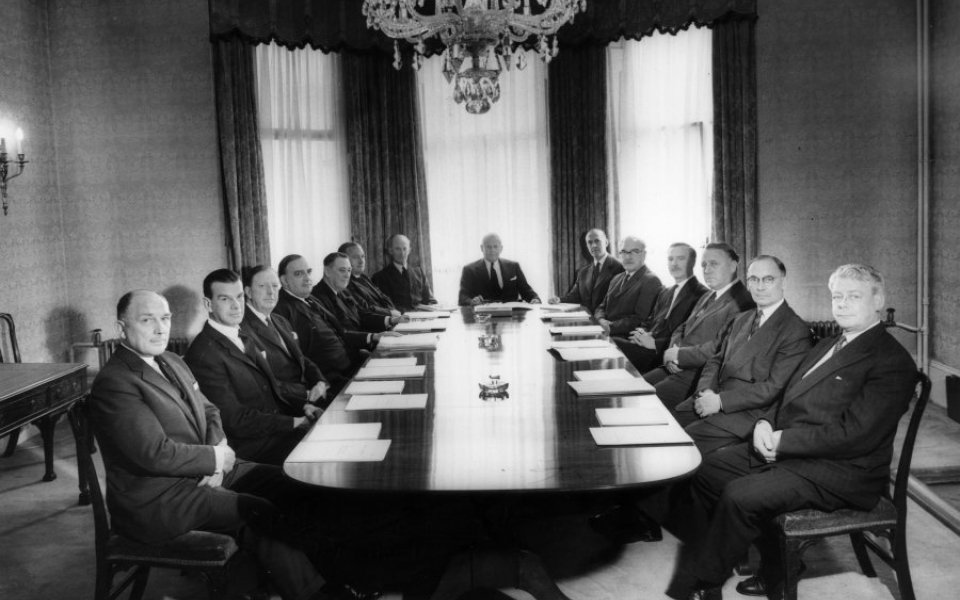Executive pay is broken: How to reform the system to reward success and restore public trust

Once again, battle is about to begin over executive remuneration. As we enter the season when shareholders gear up to vote on this year’s results, the threat of acrimony looms, but also a sense of weariness that all sides are trapped in a system that does not really work.
According to regular surveys by the Institute of Business Ethics, remuneration remains second in the list of features (after corporate taxes) undermining public trust in business. Although the pace of pay growth has slowed sharply since the financial crisis, the absolute level remains high and delivery looks arbitrary in a way that seems unfair to a sceptical public.
All this speaks for reform that would restore trust, curb excess to those who do not deserve it, and justify high rewards to those who lead a company well.
The most urgent requirement is for a simpler system that enables companies easily to explain the result. The much-vaunted government reforms to the remuneration report and the introduction of an additional shareholder vote three years ago have not delivered this.
Executive pay remains so complicated that nobody can really tell what it is worth at the time it is delivered. The performance conditions do not work. At best executives do not know what they have to do to earn the promised reward. At worst they create perverse incentives.
If remuneration committees cannot really tell what they are delivering and executives cannot know what they are receiving, then it is absurd to expect the shareholders, who are even further removed, to police the system through their votes. Clearly they do have an interest, but they should only be asked to vote on something they – and everybody else – are capable of understanding.
It is not just the amount that executives can earn, but the speed at which they can pocket it. With a fair wind behind them, chief executives of FTSE 100 companies can make enough money in three years to set themselves plus children plus grandchildren up for life. But if the stock market and the economy do not oblige, the reward can be quite small. This encourages short-term thinking by top executives determined to max out.
We need less extreme results, more certain payouts and less emphasis on performance conditions that do not actually incentivise. We also need less reliance on annual bonus payments that seem to be dispersed regardless of how the company is performing.
A simpler way would be to deliver much more of the package in cash, because everybody can see the value of that, and then expect executives to spend some of this cash on shares which they would have to hold for the long term, regardless of whether they were still employed in the company.
That would have three advantages. It would create a strong incentive to deliver growing and sustainable cash flow (so that dividends could be paid on the holding) over the long term. It would mean executives had a strong interest in leaving behind a healthy company, not one that was at its peak and vulnerable to collapse as soon as they have gone.
That, in turn, would put more emphasis on succession planning, which is too often neglected.
We cannot reverse the clock. Good chief executives will never be cheap, nor should they be. Yet even if it is hard to get away from the “going rate”, the way it is delivered can make a huge difference to public trust.